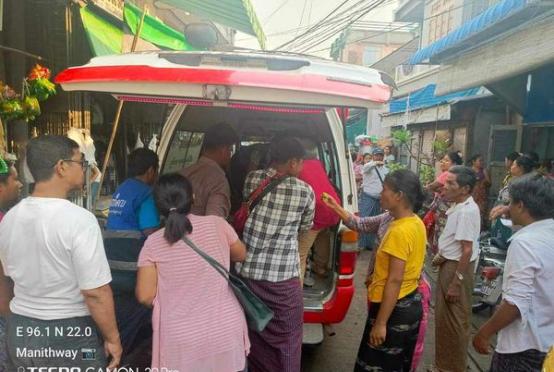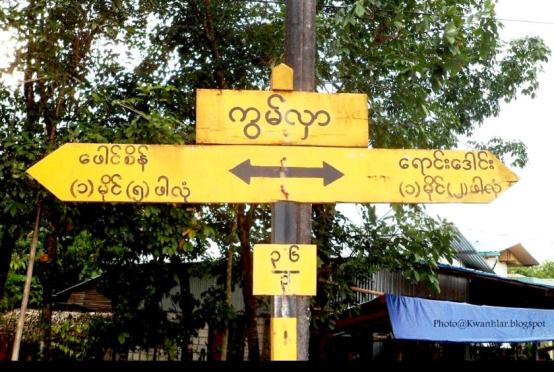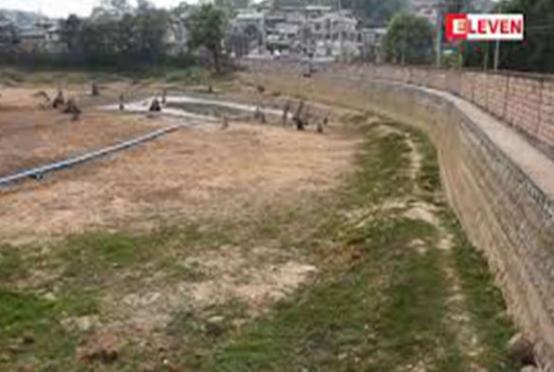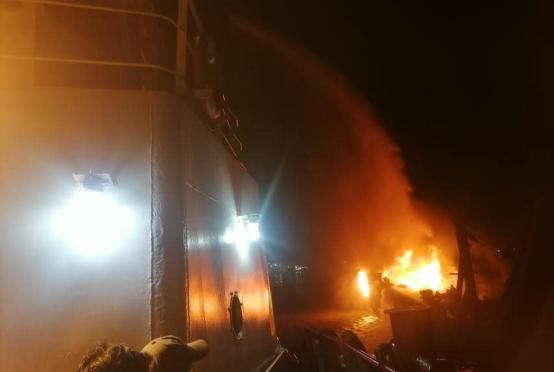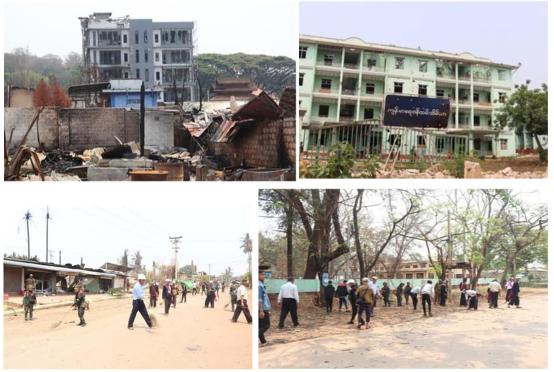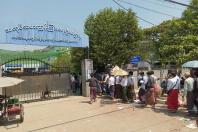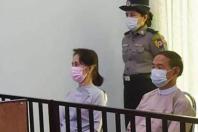By Dian Septiari
Jakarta (The Jakarta Post/ANN)— With concerns over economic catastrophe taking center stage at the 36th ASEAN Summit, which kicked off virtually on Friday, some country members of the regional grouping are calling for the opening of an ASEAN travel corridor.
Indonesian President Joko “Jokowi” Widodo is one of the country leaders proposing the regional travel corridor arrangement, saying it could be a crucial measure to accelerate economic recovery.
"I understand that some of us, including Indonesia, have started bilateral talks both with fellow ASEAN countries and with countries outside ASEAN regarding travel corridors. However, it is time for ASEAN, as a community, to think about ASEAN travel corridor arrangements," Jokowi said in his speech, delivered from Bogor Palace on Friday.
"The travel corridor arrangements, of course, must be done carefully, measurably and gradually, starting from essential business travel that implements strict health protocols," Jokowi said.
President Jokowi, who delivered the remarks after speeches from Brunei Darussalam's Sultan Hassanal Bolkiah and Cambodian Prime Minister Hun Sen, said regional leaders must give clear direction to accelerate post-COVID-19 ASEAN economic recovery.
A number of countries in ASEAN have begun working on details of a plan to open a passage that would allow for safe travel during the pandemic. The proposed plans include Singapore’s "fast-lane" arrangement with China as well as Malaysia’s “green lane” with Singapore and Brunei. Indonesia is also discussing a “fast lane” arrangement with China, which is expected to be open by the end of June, according to information from the Chinese Embassy in Jakarta.
In the latter part of his speech, President Jokowi said ASEAN travel corridors would be crucial to maintain regional connectivity, which would be central to economic growth. In addition, Jokowi said, the arrangement could signal the strategic significance of the ASEAN community in the region and the world.
Jokowi also encouraged digital connectivity and called for the strengthening of regional economic cooperation through the signing of the Regional Comprehensive Economic Partnership (RCEP) this year.
In his opening remarks, Prime Minister Nguyen Xuan Phuc of Vietnam, which is the current chair of ASEAN, warned that the virus pandemic could cause an economic calamity as it has swept away years of economic gains in the region.
"It has swept away the successes of recent years [...] threatening the lives of millions of people," Prime Minister Xuan Phuc said in a sobering opening address as quoted by Agence France-Presse. He emphasized the "serious consequences" of the pandemic for economic development among ASEAN's members.
The Vietnamese prime minister also said that in the coming months, ASEAN leaders would face a “heavy burden” to lead the region out of the difficult times. “The successful completion of this task will stand as a testament to the lasting values and vitality of our resilient and dynamic community,” he said.
According to the latest International Monetary Fund (IMF) forecast, world economic growth would be lower than previously estimated, from minus 3 percent to minus 4.9 percent, making the crisis the worst economic contraction since the Great Depression in the 1930s.
Other ASEAN country leaders, including Malaysian Prime Minister Muhyiddin Yassin and Brunei Darussalam's Hassanal Bolkiah, also tabled the travel bubble proposal, saying the plan is crucial to shore up investments and create job opportunities.
“As a first step, we can explore the possibility of sectoral exemptions for travel restrictions such as medical tourism, or high-value economic visits,” Prime Minister Muhyiddin said as quoted by Malaysian national news agency Bernama.
Malaysia’s "green bubble" or "green lanes" proposal, however, involves easing travel restrictions between two or more countries where local COVID-19 infections and cases are low. Malaysian officials have said that countries with no new cases of COVID-19 for 28 days could be considered to join the travel bubble. Foreign travelers from "green zone" countries like Singapore, Brunei, New Zealand and Australia may not need to undergo the 14-day quarantine, Bloomberg has reported.
Epidemiologist Dicky Budiman, however, pointed out that as the COVID-19 response in the region was not uniform, with some showing some level of success in controlling the outbreak while others still facing surging cases, it would be difficult for countries to achieve a uniform travel bubble agreement.
"Each of these countries, even though they are grouped under ASEAN, still need to protect their citizens from COVID-19. This continues to be the main priority of each country. So it won't be possible to have travel corridors when the response levels are not equal," said Dicky, who was involved in the ASEAN HIV-AIDS response in the mid aughts.
Since the first COVID-19 case was confirmed in Thailand in mid-January, all 10 member states have progressed differently in their COVID-19 responses, with some countries succeeding at containing the virus and others still grappling with high rates of infection.
Indonesia has the highest cumulative total of confirmed cases, as its daily tally of new cases continues to hover around 1,000. Meanwhile, other ASEAN states such as Vietnam, Brunei and Laos have all reported zero cases over the past few weeks.
Dicky said that countries in the ASEAN region should make controlling the epidemic a priority rather than focusing on bringing the economy back to normal.
"Look at other regions. Even the EU does not treat every member equally but gives them the freedom to arrange their own travel corridors based on the pandemic control status," he said.

